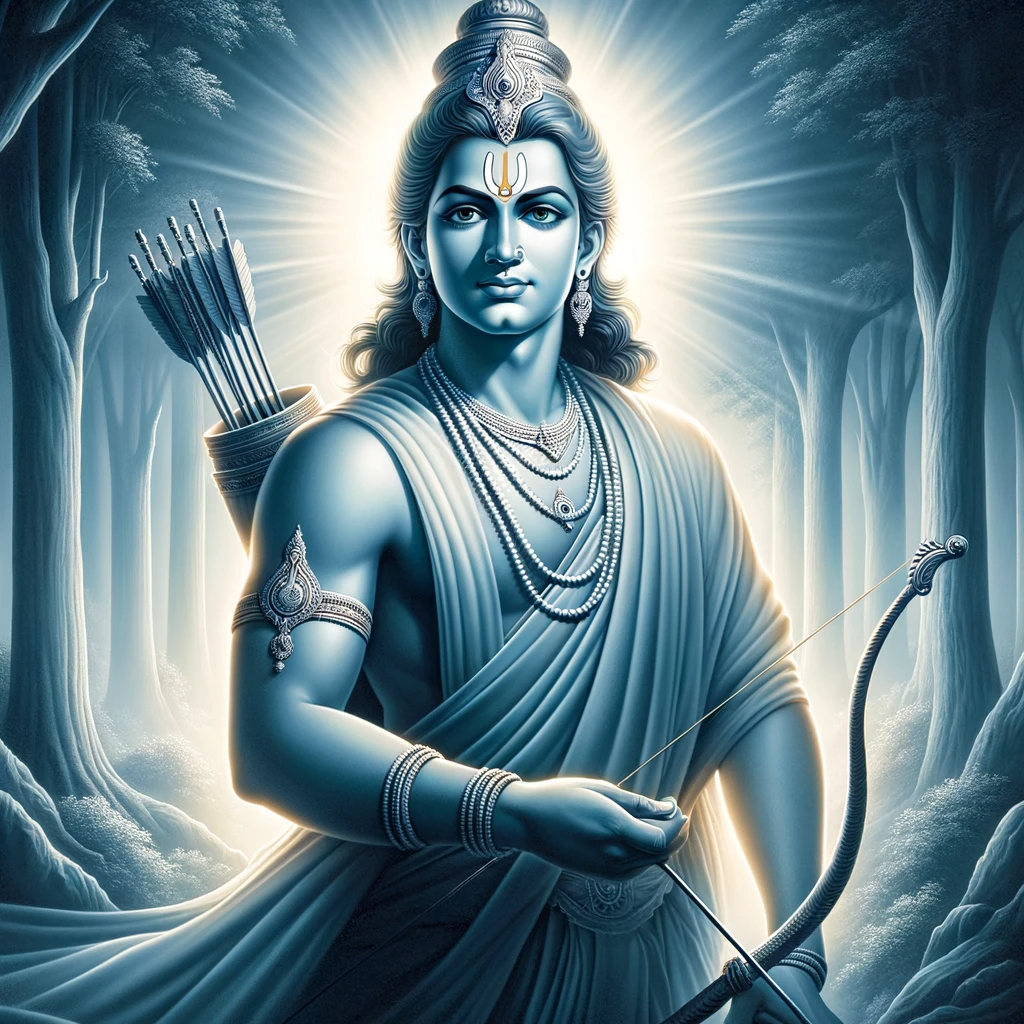Pushpagiri - Ancient university of india

In the tapestry of Indian mythology, few figures are as central and defining as Lord Rama, the protagonist of the ancient epic Ramayana. This article delves into the profound symbolism embodied by Rama, exploring how his character represents more than a heroic figure in a mythological narrative, but a deeper, spiritual ideal that resonates with timeless life lessons.
Rama: A Paragon of Virtue
At the heart of the Ramayana lies Rama, an ideal human being and philosopher-king. His life and journey symbolize the pursuit of dharma (righteousness) and the embodiment of the Divine Self. Rama's unwavering commitment to truth and duty, even in the face of personal loss and adversity, provides a moral compass that transcends cultural and temporal boundaries.
The Psychological Symbolism
The Ramayana, while a captivating story, holds deeper psychological meanings. Rama represents the pure consciousness, while Sita, his consort, symbolizes divine energy. The antagonist, Ravana, with his ten heads, represents the sensory distractions that vie for our energies. The abduction of Sita by Ravana depicts how our sensory organs, when unchecked, can divert our divine energy towards worldly temptations.
Hanuman: The Epitome of Devotion
Hanuman, the monkey god, emerges as a central figure embodying devotion and selfless service. His unwavering dedication to Rama illustrates the strength and purity of focused spiritual thought, teaching us the importance of devotion in overcoming life's hurdles.
Lessons from the Ramayana
The Ramayana imparts several profound lessons:
Modern Relevance
The Ramayana's relevance extends beyond its ancient origins, offering insights into managing the complexities of modern life. It urges us to live with virtue, strength, and devotion, and to direct our energies towards spiritual and moral ideals.
The name 'Rama' itself is significant, meaning that which delights and representing pure awareness. In Indian tradition, the repetition of Rama's name is believed to awaken spiritual consciousness, redirecting the mind's energies from mundane distractions to the recollection of pure awareness.
Embracing the Ideal of Rama
In embracing the high ideal represented by Rama, we are encouraged to cultivate equanimity, enthusiasm for proper action, devotion to duty, and love for all beings. Rama's story, thus, is not just a mythological narrative but a guide to personal and spiritual growth, inspiring us to embody the virtues he represents.
Get weekly updates on the newest articles, quotes and newsletters right in your mailbox. Subscribe now
